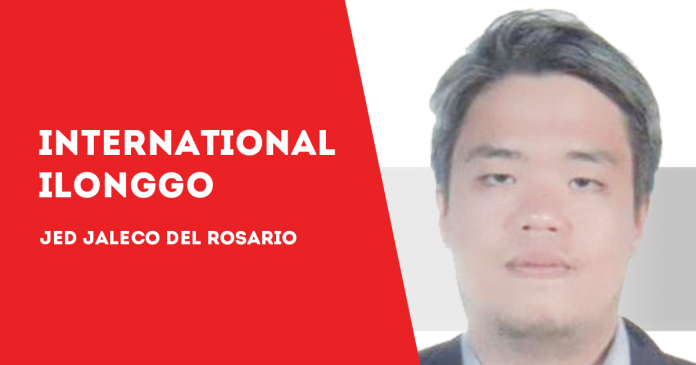
IN HIS book, The End of History and the Last Man, Francis Fukuyama proclaimed the “end of history.” This Hegelian philosophical concept “supposes that a particular political, economic or social system may develop that would constitute the end-point of humanity’s sociocultural evolution and the final form of human government.”
Basically, the “End of History” concept argues that human society can be perfected, or more specifically, perfected according neoliberal, progressivist lines. After the conclusion of the second world war and the fall of the Soviet Union several decades after, it seemed as though that the world was heading in this direction. History had ended. There would be no more wars; no more divisions. This was the world after the “end of history.”
That world, however, may have ended in 2016.
2016 saw the renewal of Russian military power, the election of Donald Trump, Brexit, declining global trade and even the election of persons like our very own President Rodrigo Duterte. All of these things repudiate the notion that history had ended, but more importantly, they are the first signs that new conflicts and many people fear this.
To better understand this fear, it’s important to remember that for many years, particularly since the fall of the former Soviet Union, the world has existed in relative tranquility and economic growth was stable. Even among impoverished countries, people expected (and demanded) things to improve.
These are all signs of a prosperous age: Tranquility and the Expectation for Better Things to Come. Yes, there were still wars, but they are nothing compared to the destructive scale of the World Wars prior.
The post-Cold War world order was defined by economic growth, internationalism and interdependence. Globalization – a philosophical concept that aimed to do away with all barriers to trade and travel – became the ideal, and for a while, it seemed as if the world was heading down one road towards unity.
Today, that world no longer exists.
Globalization is falling apart. Automation will most likely eliminate the advantage of low labor costs among developing countries. Radical Islamic terrorism is a growing threat. Nationalism and isolationism is growing in the Western World. China’s economic growth is no longer sustainable. Debt is piling up.
All of these things point to change, and perhaps even the repudiation of everything globalization has achieved. Some people may consider such changes to be good, but they can just as easily be bad. It’s important to remember that change is unpredictable, and because of this, so is the future.
History did not end. It never did.
So when we look to the new year, it’s important to look at the march of history not as a series of gradual improvements (which is the neoliberal outlook) towards some ideal, but as unpredictable force that no human ideology or policy can control./PN

